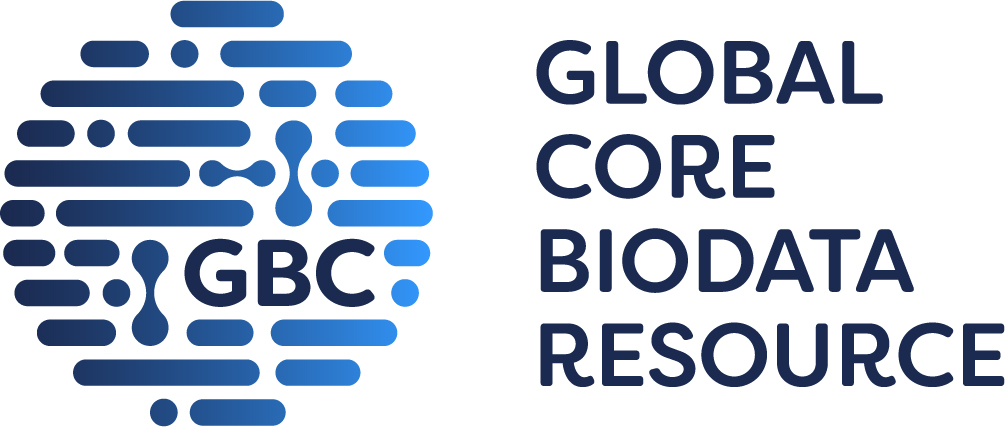
oxiglutatione [Ligand Id: 6835] activity data from GtoPdb and ChEMBL
Click here for a description of the charts and data table
Please tell us if you are using this feature and what you think!
| ChEMBL ligand: CHEMBL1372 (Glutathione disulfide, Oxiglutationa, Oxiglutatione, Oxiglutatione component of navstel) |
|---|
There should be some charts here, you may need to enable JavaScript!
|
There should be some charts here, you may need to enable JavaScript!
|
| DB | Assay description | Assay Type | Standard value | Standard parameter | Original value | Original units | Original parameter | Reference |
|---|---|---|---|---|---|---|---|---|
| euchromatic histone lysine methyltransferase 1/Histone-lysine N-methyltransferase EHMT1 in Human (target type: SINGLE PROTEIN) [ChEMBL: CHEMBL6031] [GtoPdb: 2651] [UniProtKB: Q9H9B1] | ||||||||
| ChEMBL | Inhibition of wild type recombinant human histone lysine methyltransferase GLP (951 to 1235 residues) expressed in Escherichia coli Rosetta BL21 DE3 PlysS using ARTKQTARKSTGGKA as substrate preincubated for 5 mins followed by substrate/SAM addition measured after 60 mins by MALDI-TOF MS analysis | B | 4 | pIC50 | >100000 | nM | IC50 | Bioorg Med Chem Lett (2018) 28: 1234-1238 [PMID:29519735] |
| euchromatic histone lysine methyltransferase 2/Histone-lysine N-methyltransferase EHMT2 in Human (target type: SINGLE PROTEIN) [ChEMBL: CHEMBL6032] [GtoPdb: 2652] [UniProtKB: Q96KQ7] | ||||||||
| ChEMBL | Inhibition of wild type recombinant human histone lysine methyltransferase G9a (913 to 1193 residues) expressed in Escherichia coli Rosetta BL21 DE3 PlysS using ARTKQTARKSTGGKA as substrate preincubated for 5 mins followed by substrate/SAM addition measured after 60 mins by MALDI-TOF MS analysis | B | 4 | pIC50 | >100000 | nM | IC50 | Bioorg Med Chem Lett (2018) 28: 1234-1238 [PMID:29519735] |
ChEMBL data shown on this page come from version 36:
Zdrazil B, Felix E, Hunter F, Manners EJ, Blackshaw J, Corbett S, de Veij M, Ioannidis H, Lopez DM, Mosquera JF, Magarinos MP, Bosc N, Arcila R, Kizilören T, Gaulton A, Bento AP, Adasme MF, Monecke P, Landrum GA, Leach AR. (2024). The ChEMBL Database in 2023: a drug discovery platform spanning multiple bioactivity data types and time periods. Nucleic Acids Res., 52(D1). DOI: 10.1093/nar/gkad1004. [EPMCID:10767899] [PMID:37933841]
Davies M, Nowotka M, Papadatos G, Dedman N, Gaulton A, Atkinson F, Bellis L, Overington JP. (2015) 'ChEMBL web services: streamlining access to drug discovery data and utilities.' Nucleic Acids Res., 43(W1). DOI: 10.1093/nar/gkv352. [EPMCID:25883136]







